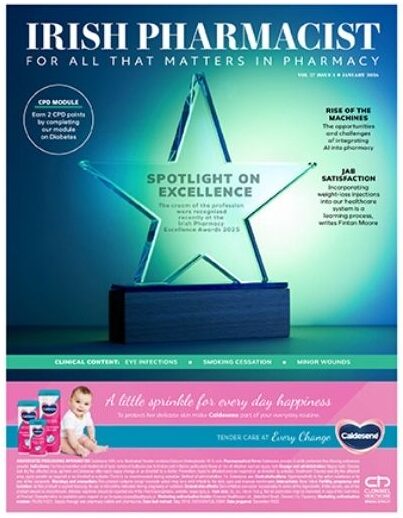‘Does cold water swimming improve general and mental health?’ ‘Will screen-time before bed affect sleep quality?’ ‘Does antiperspirant/deodorant cause breast cancer?’ These are some of the questions researchers led by University of Galway are seeking to address on a website aimed at tackling some of the myths around healthcare claims.
iHealthFacts.ie, a resource where the public can quickly and easily check the reliability of a health claim circulated on social media or word of mouth, aims to help people think critically about health claims and make well-informed choices.
iHealthFacts.ie evaluates whether a health claim shared on social media or in everyday conversation is trustworthy:
- Members of the public submit any health claims they are curious about through iHealthFacts.ie.
- A team of researchers in University of Galway will then search for scientific evidence to support or refute the claim.
- The team will look for relevant studies in a systematic way; searching for not just one study but trying to find all available studies on the topic.
- All the responses are reviewed by a team of Evidence Advisors from University of Galway, University College Dublin, Trinity College Dublin, University of Limerick, University College Cork, Atlantic Technological University and the Royal College of Surgeons in Ireland, by a panel of Public and Patient Advisors and by a health journalist before being published.
There may not always be definitive answers to the questions asked, as good quality studies might not have been conducted on the topic. However, there may be recommendations from expert groups. iHealthFacts has said it will be explicit about the quality and certainty of the evidence underpinning all published answers. The team said it will describe not only the current state of knowledge on a topic, but also how sure the public can be about the quality and certainty of that knowledge, empowering them to make well-informed decisions regarding their health, in line with their own values and preferences.
Dr Paula Byrne, lead researcher with iHealthFacts.ie and post-doctoral researcher with Evidence Synthesis Ireland and Cochrane Ireland, said:“Unreliable claims can lead to poorly informed choices, under- or over-use of things we do to improve or maintain health. Unreliable claims can also lead to unnecessary waste and human suffering. iHealthFacts.ie offers a platform to help tease-out the reliability of health claims. We hope it also helps the public think critically about health claims.”
iHealthFacts.ie is updated regularly in response to the submitted and prioritised claims so members of the public can quickly and easily check the reliability of a health claim circulated by social media. The researchers hope this information will help people think critically about health claims and make well-informed choices.
Dr Byrne added:“The results and the answers which we publish on iHealthFacts, should never been taken as a substitute for professional medical advice, diagnosis, or treatment. They are intended for information purposes only. What we provide are short, easy to read, clearly presented responses to help a member of the public make an informed decisions about their own health.”
Prof Declan Devane, Professor of Health Research Methodology, University of Galway and Principal Investigator with iHealthFacts.ie, said: “Good healthcare requires people to make informed, evidence-based decisions about their health. However, many people are overwhelmed with information, particularly information about what they can do to improve or protect health. Increasing amounts of health information now spread faster and further through multiple channels, including the web, social media, instant messaging, television and radio. Much of this information is unreliable. Unreliable information leads to poorly informed choices, under-or over-use of health interventions (or treatments) and avoidable waste and human suffering.”
iHealthFacts is funded by the Health Research Board and the Health Service Executive.
To learn more visit https://ihealthfacts.ie/, email info@ihealthfacts.ie, or follow on Twitter @iHealthFacts1, Facebook, Instagram.







